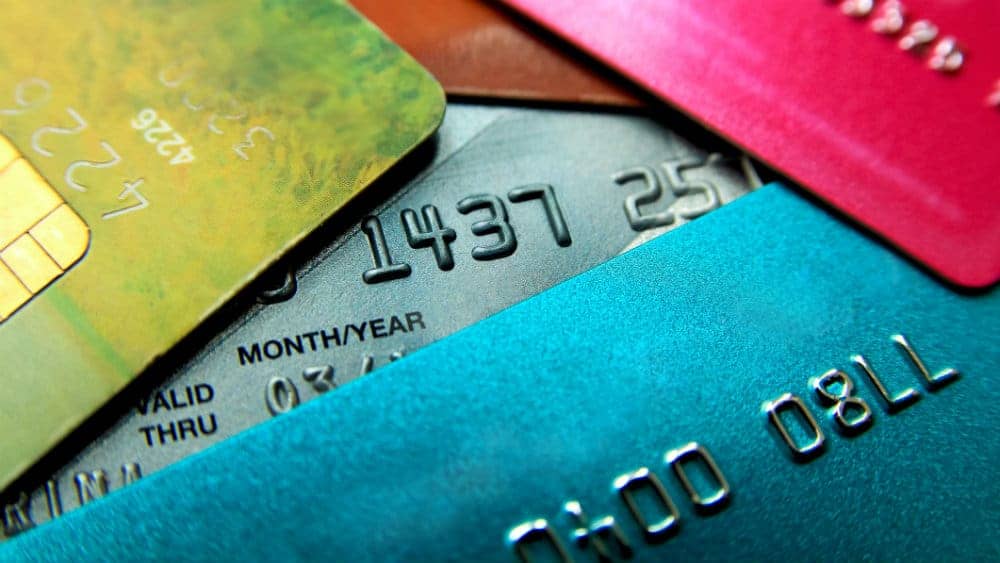If you need to borrow, a 0% purchase credit card has been a great option for a number of years now. But while 0% lengths on these cards are still generous, the tide may soon begin to turn for one big reason.
Here’s everything you need to know.
[top_pitch]
What’s the deal with 0% purchase credit cards?
0% purchase credit cards are officially the cheapest way to borrow. That’s because these cards allow you to spend interest free for the length of the 0% deal.
Right now, the longest 0% period available is a whopping 24 months. This means it’s possible to borrow for TWO YEARS without having to pay any interest. Compare this to traditional personal loans, and even borrowing modest amounts will cost you.
For example, borrow up to £3,000 over two to five years via a personal loan and the lowest interest rate available is 9.8% APR. Meanwhile, the cheapest personal loan for borrowing £3,000 to £5,000 charges 8.1% APR.
As a result, if you have a need to borrow, then borrowing on a 0% purchase card is often far cheaper.
Is it fair to compare credit cards with personal loans?
It’s fair to point out that cheap personal loans do differ from 0% purchase credit cards. For starters, a cheap personal loan will come in the form of cold, hard cash. This gives you a lot of flexibility.
Borrowing on a credit card, however, limits you to using retailers that accept credit cards as payment.
It’s also worth bearing in mind that while a cheap personal loan gives you the option of paying back nothing until the term ends, a 0% credit card will require you to make at least the minimum payment each month. If you don’t do this, your 0% deal will end and you’ll be charged interest.
That said, if you are looking to borrow and the retailer you wish to purchase from accepts credit cards, then 0% cards are often the best option.
[middle_pitch]
Why might 0% credit card deals start to shorten?
Long interest-free deals on 0% purchase credit cards have become the norm over the past decade or so. That’s because the UK has been used to an era of low interest rates and cheap credit.
It’s fair to say that this is still very much the case. This is why we are still seeing a number of generous 0% credit cards deals available right now.
However, if interest rates rise, borrowing costs will also increase for banks. As a result, a rate rise would make 0% credit card offerings less profitable.
Importantly, the Bank of England is under growing pressure to increase its base rate from 0.5% due to rising inflation. Its Monetary Policy Committee will vote on this very thing on Thursday 17 March. If it chooses to raise rates, borrowing costs will go up, putting pressure on 0% credit card deals.
While it’s safe to say the majority of credit card lenders won’t cull 0% cards entirely if the base rate rises on Thursday, we may see 0% lengths begin to shorten. Therefore, if you are considering one of these cards, it may be worth acting sooner rather than later.
What 0% deals are available right now?
Two cards currently offer the longest 0% purchase deal available.
Sainsbury’s Bank offers a card with up to 24 months at 0%. As an added bonus, the card gives customers the chance to bag a £25 Nectar bonus on top. That’s because in your first two months you get 500 bonus points every time you spend £35 or more at Sainsbury’s. You can do this up to ten times. The representative APR on this card is 21.9%.
Barclaycard also offers a 0% purchase card with up to 24 interest-free months. While it doesn’t come with a Nectar bonus, the card does throw in five free months of Apple Music, TV+ and News+ if you haven’t had these services before. The representative APR on the card is 21.9%.
If the above cards aren’t for you, the M&S Shopping Plus card offers a decent 23 months 0% on purchases. It may be a particularly good option for M&S shoppers as it also gives one M&S point per £1 spent at M&S on the card. At other retailers, you earn one point for every £5 spent. The representative APR on this card is also 21.9%.
For more options, take a look at The Motley Fool’s list of top-rated 0% purchase credit cards.
What should you keep in mind with 0% purchase credit cards?
While 0% purchase credit cards offer a cheap way to borrow, don’t use them as an excuse to spend more than you normally would.
It’s also worth being aware that when you apply for one of these cards, you’ll undergo a credit check. So, to minimise the number of applications you make, use our credit card eligibility checker to see if you prequalify for any cards.







